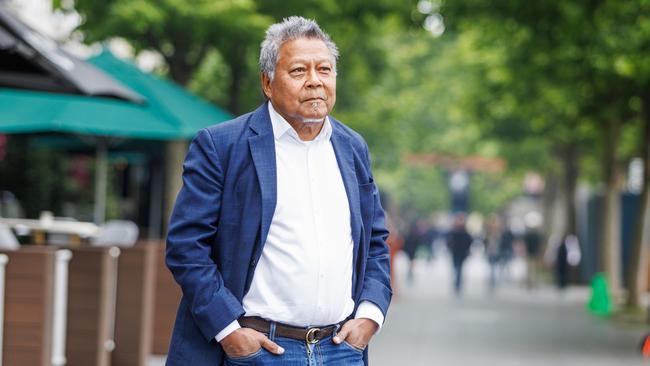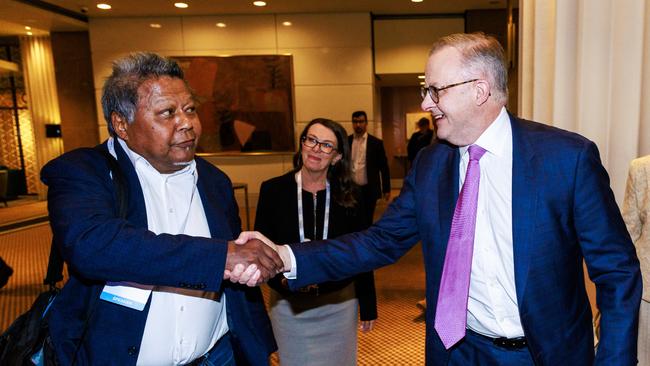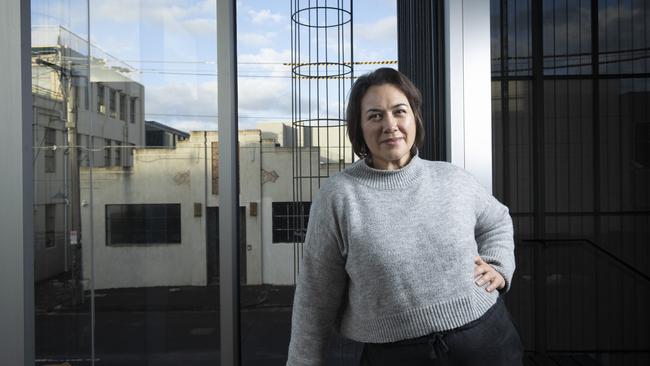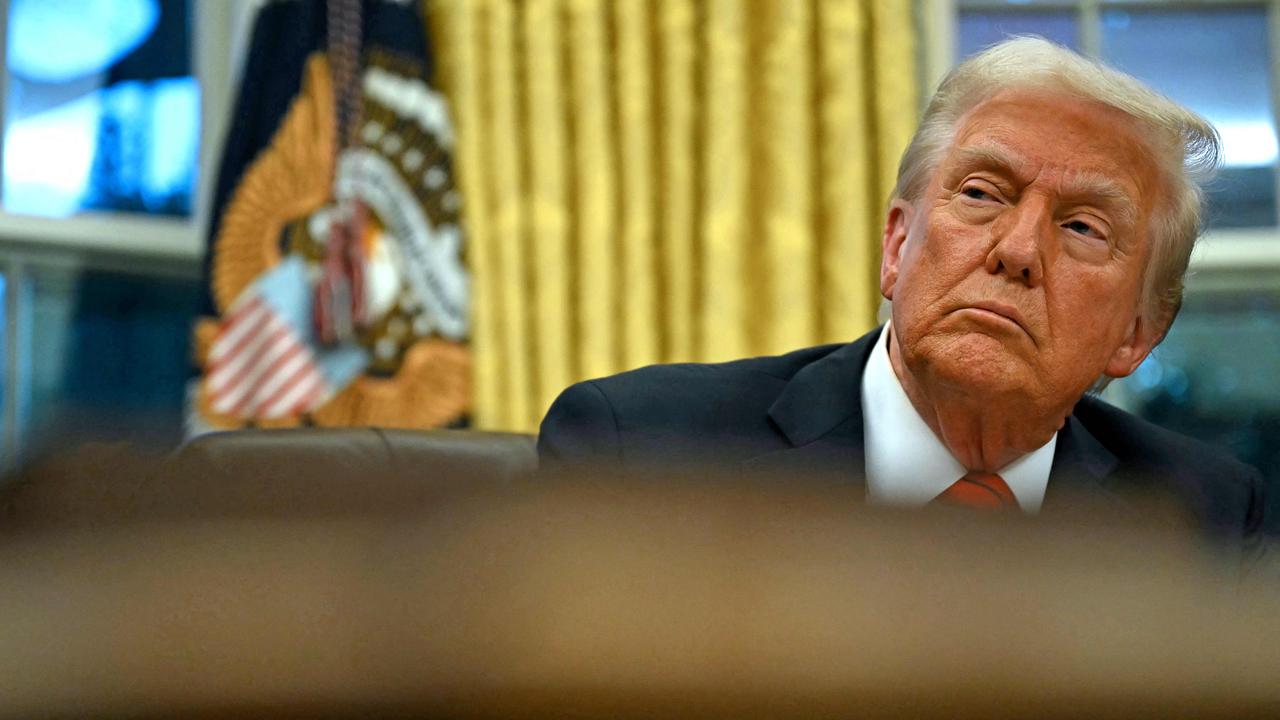First Nations’ right to wealth over welfare

For too long, Indigenous economic policy has been built on the false premise that our people must choose between our rights to traditional lands and culture and our right to participate in and contribute to the nation’s economy.
This binary has dictated much of Indigenous affairs across my lifetime.
But those times have changed. What First Nations in this country are now seeking in great numbers is the right to own our own risk, to build enterprises on our own terms, to own our mistakes and our successes, and to create intergenerational wealth that strengthens rather than diminishes our cultural heritage.
After more than 40 years of working with First Nations communities across some of the most remote parts of our country, we must begin to tell a new economic story for our people.
No longer can we defer to all too familiar accounts of over-reliance, failed programs and lack of return on investment with current public outlays, for this offers little hope and promise for our future generations. We must be more constructive.
Indeed, these stories also belie an emerging reality.
In December, this opportunity was recognised by the Australian government. Though attracting little attention at the time, the Mid-Year Economic and Fiscal Outlook contained a historic $16.9m commitment toward the establishment of a First Nations Economic Framework.

As I have remarked in this masthead and many others, Australia has never pursued such an economic framework for First Nations.
In its absence, we have seen repeated policy failure and entrenched economic disparity. This commitment presents a genuine opportunity for transformative change that goes beyond retail politics.
More than just funding, it signals a willingness of government to align policy efforts with Indigenous communities’ aspirations for genuine economic empowerment and self-determination.
This policy breakthrough did not materialise out of thin air. The commitment has been informed by three years of intensive dialogue and engagement with government, industry and community led by the ANU First Nations Portfolio.
The establishment of a national economic policy framework was the priority recommendation of the Murru Waaruu report, published by the portfolio in May last year. So too, the work of the Coalition of Peaks on employment and skills is an important part of supporting this economic agenda.
The ANU First Nations Portfolio has steered this work with the key Indigenous leaders and organisations that make up the First Nations Economic Empowerment Alliance.
Our case for reform is built on a clear vision: government policy must enable Indigenous communities to be economically self-determining, to activate their assets – land, waters, and cultural and social capital – to generate wealth that benefits both Indigenous people and the broader Australian nation.

The Alliance agenda is towards structural change – macro-economic reforms, if you will – premised on a rights-based understanding of First Nations peoples and a vision of shared prosperity.
For this to happen, there must be a willingness of governments to move beyond traditional social policy levers of jobs and training when we conceive of First Nations economic development.
We must now elevate our policy sights to the areas we know drive genuine economic transformation for First Nations people: access to capital, institutional reform, and financial capacity and capability building.
Canada’s experience demonstrates the power of this approach.
Over two decades, Canada has established a national economic policy framework and several statutory institutions to support Indigenous communities and families to grow reliable prosperity.
The results are clear: increase in Indigenous community equity in economic projects, increase in Indigenous businesses, and improved Indigenous employment with enhanced sociocultural benefits across housing, health and education.
A comprehensive policy framework for Indigenous economic empowerment must be a long-term commitment of Australian governments based on bipartisan political support.
The signs for this are promising. All sides of politics supported last year’s report from the Joint Standing Committee on Aboriginal and Torres Strait Islander Affairs on First Nations Economic Self-Determination and Opportunities for First Nations people, which called for a shift from social welfare policies to strategic investments in First Nations wealth creation.
The alternative is more of the same story we have heard for too long: worsening Indigenous living conditions, deteriorating health, and increasing crime and incarceration.
That is a cost that First Nations people and Australia should not tolerate.
By embracing Indigenous economic empowerment, Australia can create a more inclusive and prosperous economy that honours Indigenous rights and culture while driving national growth. This isn’t just about addressing historical inequities, it’s about unlocking the full potential of Indigenous entrepreneurship and innovation to build a stronger, more vibrant economic future for all Australians.
Professor Peter Yu is vice-president (First Nations) at The Australian National University.


